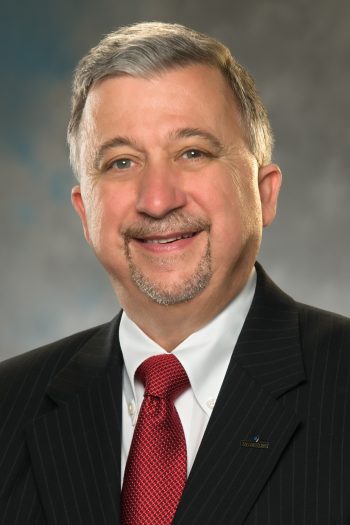Home / News & Events / Mental Health /
Pandemic fatigue and the state of mental health

Mental Health Month is celebrated every May as a time to help eliminate the stigma associated with mental illness and provide resources for continued education and support. This May, I want to stop and take a look at the current state of mental health as a result of the pandemic. It is apparent that the pandemic has been a challenge for every citizen of the world, with no exceptions.
We have seen this through phone conversations with our families, cancelled celebrations with our friends and, for Centerstone, an increased demand for quality mental health care. Even before the COVID-19 pandemic began, we had already seen two challenging epidemics of drug overdoses and deaths by suicide. The pandemic, along with its life-altering effects, has only exacerbated these and other mental health challenges.
As increasing mental health challenges are becoming more apparent, so is the shortage of mental health providers nationwide. As of September 2020, only 26.9% of people in the United States are able to have their mental health care needs met, with numbers as low as 11.1% in some states. The Substance Abuse and Mental Health Services Administration (SAMHSA) estimates that by 2025, the U.S. will have a shortage of 15,400 psychiatrists, 26,930 mental health counselors and 57,490 psychologists. It is clear that there is a growing need for mental health providers.
It’s hard to talk about challenges from the pandemic without first recognizing the people for whom there has been substantial and life-altering loss. There are those who have experienced the tremendous loss of loved ones, permanent health injuries from the virus, unemployment, home and vehicle loss and more. For others, the fear of themselves or their loved ones contracting the virus has been damaging. One year into this major historical event, many of us feel a sort of pandemic fatigue.
We are fatigued from the isolation we have experienced over the last year. Before the pandemic started, Former U.S. Surgeon General Vivek Murthy described loneliness and social isolation as the root of many mental health issues such as substance use disorders, depression and anxiety. As we have stayed isolated for these 13 months and seen the rise in mental health challenges, this has continually proven itself to be true. Beyond social isolation, we experience exhaustion from COVID-19 precautions, ongoing uncertainties, risks in every decision, financial stress and the overall change of routine.
So after looking at all the bad, where can we find hope? We look to the future: we will not live in this COVID-19 world forever. Infection rates in many communities are lowering, and more individuals are receiving the vaccine. As of the day I’m writing this, more than 135 million people in the U.S. alone have received at least one dose of their COVID-19 vaccine! Many schools and other organizations are looking at safely opening back up in full swing by the fall. There is a light at the end of the tunnel.
But let us not forget the lessons we’ve learned this year. Practically, we’ve improved in our technological capabilities and learned that more jobs can be worked remotely. We’ve learned how crucial social connection and self-care are, and ways to continue these even as we are physically separated. Through it all, we’ve learned to be resilient, always ready for the next challenge. As we grow closer to leaving our homes and adjusting to a new normal, let us carry these vital lessons with us.

David C. Guth, Jr.
Chief Executive Officer


